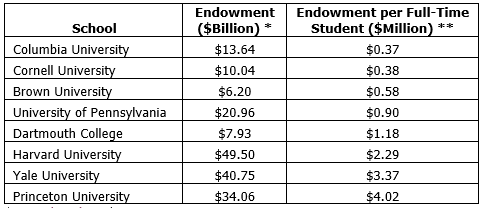Who, indeed? Blair Levin and Larry Downes, 2010 US National Broadband Plan director and author, respectively, asked that question in their Sunday op-ed. After all, they insist
Online resources often can provide more information than local offices—and are always open. People are already moving to the internet for government interactions. In 2023, more than 90% of federal tax returns were filed electronically, up from 57% in 2007.
Levin and Downes have misunderstood the problems—all three of the ones they mention, without recognition, in that cite. That online sources are always open and social security offices are not, in this narrow case, is wholly irrelevant. The number of social security-related problems that must be resolved immediately, that can’t wait past the weekend, much less overnight, is vanishingly small—as my statistics professor used to say, the number is a good approximation of zero.
That online sources can provide more information than local offices is a good description of government bureaucrats’ failure to perform—those bureaucrats centrally located in their cushy Beltway offices, not the hard workers in those thousand satellite offices. It’s not that hard to keep the local offices current on all the data they need to handle the problems that come their way promptly, efficiently, and accurately.
Touting the rate of electronically filed Federal tax returns is simply risible. The IRS is one of the worst offenders with their lack of seriousness in protecting Americans’ tax data, either from being hacked or from being deliberately leaked (yes, the latest leaker is going to jail—that undoes his leak how, exactly?).
And this bit of Levin-Downes foolishness (not naïveté):
There is an important quid to this quo. Some of the billions of dollars saved by closing inefficient local offices will have to be spent improving federal computer systems[.]
Remind me again about the number of decades the IRS has been “upgrading” its computers and COBOL programming language how many billions of taxpayer dollars the IRS has spent on its pretense? For how long DoD has been pretending to “upgrade” computer systems at the Pentagon, at subordinate headquarters, in field units?
Levin and Downes were careful to point out that
[r]elocating the federal government online isn’t a new idea.
No, it isn’t. It was a bad idea at the outset, and it’s an even worse idea in today’s cyber world. In the coming expansion of the current cyber war, a war we’re losing currently (recall the PRC’s widespread hack of our Federal government’s databases, Russia’s closure of Colonial Pipeline with a cyber attack, and the PRC’s just exposed (not unwound) hack of so many of our telephone companies’ databases, to name just a few), how will our government function when our Internet connections are shutdown, or the databases contaminated in an overt expansion? Even if the Internet connections that would properly keep our manned satellite offices properly [sic] plussed up were cut off, those offices still would be able to function for a good long time on the data they had at the time of the shutdown and the data they would manually accumulate locally.
Even simple weather-related failures like the Great Northeast Blackout of 1965, repeated (only worse) in 2003, and the Texas winter of 2021 have (or would have) cut off millions of Americans from an otherwise intact Internet for days into weeks.
Who, indeed, needs 1,000 Social Security offices open, I ask again. We do. We need the government office (and not just of Social Security) dispersal, and we need the manual backup.
 *Per Wikipedia, a/o June 2023
*Per Wikipedia, a/o June 2023